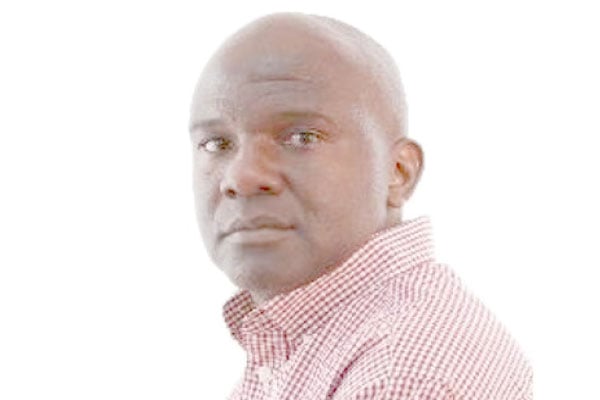Prime
Superstition, suspicion: Who can ever know the truth?

Author: Patrick Katagata. PHOTO/FILE
What you need to know:
Experience has shown that despite death being indiscriminate and imminent, the demise of big wigs in societies marred by superstition
We live in a superstitious society, one despite modern scientific exploits, scholarly and spiritual enlightenment urging their followers to refrain from archaic mentalities bequeathed upon us by primitive thoughts of old, continue, ironically, controlled by the same. For instance, the Banyankore-Bakiga say, “Tihariho omufu atarogwa” loosely transliterated for, “Every deceased person succumbs to witchcraft”, which today extends to poisoning. Whereas I do not condone such mentalities, quite forgivably, the demise of former Speaker of Parliament, Jacob L’Okori Oulanyah, has attracted what, in my view, were well-expected controversies and conspiracies. Why?
Almost every, if not all, high profile person(s) in the echelons of our society, have devotees and foes in equal measure.
Experience has shown that despite death being indiscriminate and imminent, the demise of big wigs in societies marred by superstition and suspicion, controversies and conspiracy theories continually abound. For instance, not that I dispute it nor corroborate it to be true, kings like Sir Edward Muteesa II, army generals, politicians, religious clerics, successful business persons etc., here in Uganda and elsewhere, who have been rumored and/or reported “dead under unclear circumstances”, have had their deaths accompanied by accusing fingers pointing at possible poisoners, perilous to harmonious co-existence across the different realms of interaction.
Investigations to establish their ultimate cause of one’s death often fall flat, causing more pain than they sought to soothe. On the morning of Sunday, March 7, 2010, my hitherto only surviving brother, Nicholas Kabeije, was found dead in a pull of cold blood, with his head shuttered from down under his chin through to his skull. A short gun was recovered at the same chilling scene.
He worked with a private Security Company as manager. Apparently, he had, the previous night, exchanged his gun with one of his juniors for unknown reasons. Anyone with basic knowledge about gun use would tell that Nicholas shot himself. I was persuaded in vain, by some friends and relatives, to call for investigations into his death. I did not think it was necessary given the prima-facie scene.
My brother had great promise especially for soldiering. He left a young son, whom he truly treasured. Why did he ruthlessly end his life? We may never know! That, usually, is the puzzle.
Especially for rising stars and big wigs, in cases of terminal illnesses juxtaposed with unfinished businesses: young children to raise; and great dreams to attain, they live in denial—struggle to conceal their un-wellness. When they succumb, with a coincidental whirlwind blighting the funeral or a falling casket drape, suspicious and superstitious folks quickly contend the deceased was bewitched or poisoned, and the gods need appeasement.
The intricacy, however, is if the deceased willed to keep their death’s cause secret. The bereaved need psycho-social support.
Mr Patrick Katagata Jr. prospective MP, Buhweju County




